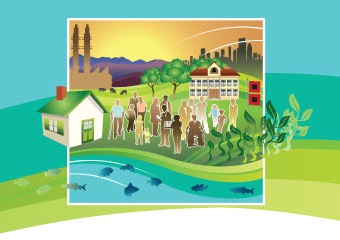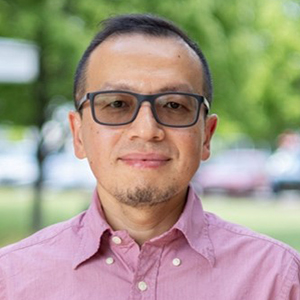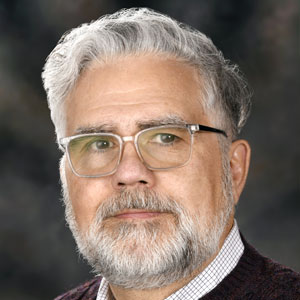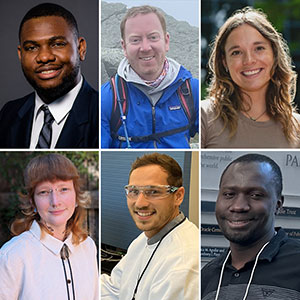Sue Fenton, Ph.D., was named director of the Center for Human Health and the Environment (CHHE) at North Carolina State University (NCSU) in October. The appointment comes on the heels of a 25-year federal career at NIEHS and the Environmental Protection Agency.
During her time at NIEHS, Fenton led the Reproductive Endocrinology Group, mentored nearly 100 students, trainees, and early-career scientists, and served as a critical link connecting external researchers with the institute. Her research to uncover how PFAS and other environmental chemicals affect health across the lifespan — from fetal outcomes and mammary gland development to breast cancer risk and metabolic disease — resulted in more than 150 peer-reviewed articles and two dozen media commentaries for the public.
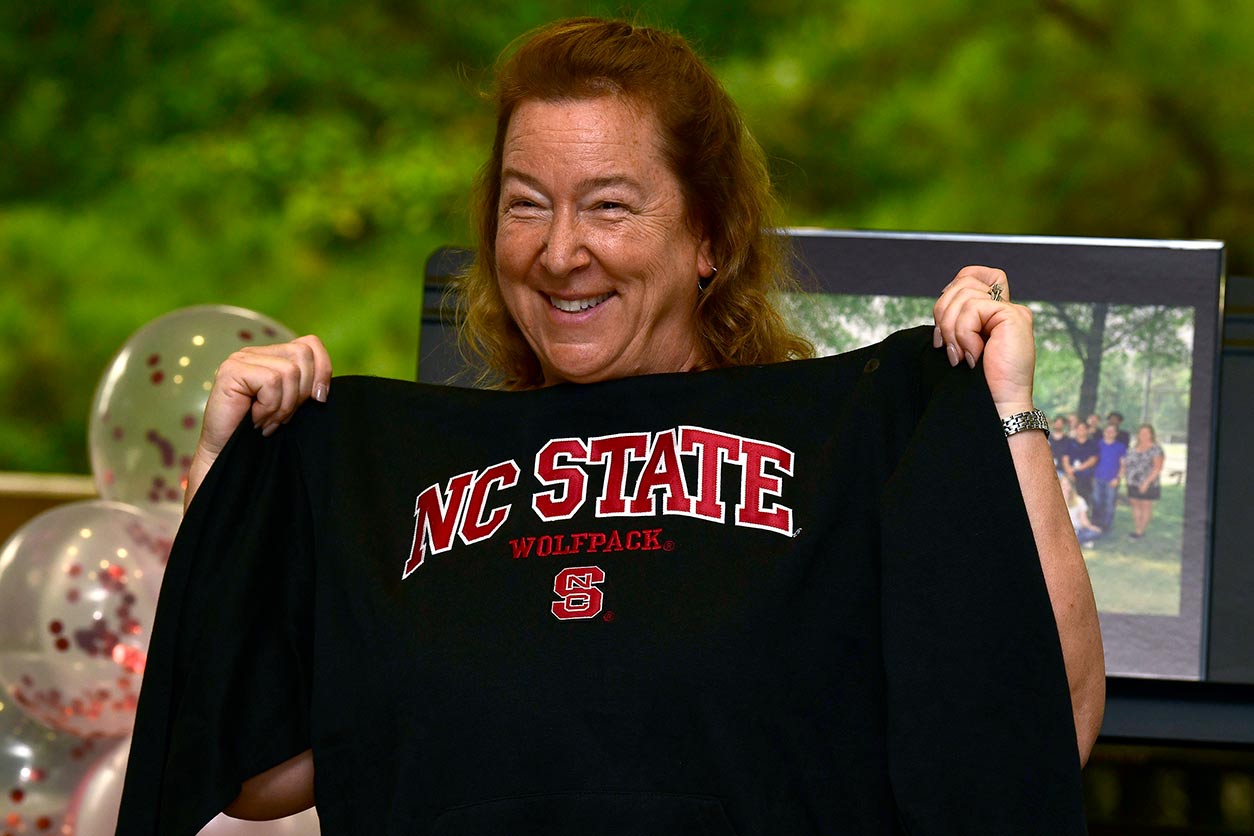
As the new center director, Fenton will lead a multidisciplinary team of more than 80 scientists representing over 15 departments and six colleges at NCSU, East Carolina University Brody School of Medicine, North Carolina Central University, and the North Carolina Department of Health and Human Services.
“My favorite thing about working at NIEHS was the impactful science, and I loved to work with people at all levels — graduate students, postdocs, talented staff, collaborators in intramural and extramural research, and policy,” Fenton said. “I feel like I’m a good facilitator and team builder, so I’m looking forward to doing more of this in the future. I think it’s going to be challenging and enjoyable.”
A perfect fit
Fenton plans to invigorate CHHE by recruiting young investigators with diverse experiences and building bridges across various scientific departments.
“One of the exciting things about being center director is bringing together people from very different scientific worlds that are interested in environmental health sciences,” Fenton said. “For instance, our center brings together engineers, veterinarians, chemists, social scientists, -omics experts, all with very different expertise, and helps them collaborate to solve complicated problems like climate change or exposures affecting people’s health.”
She added, “Early-stage investigators are our future, and we need to make sure they are supported with career development opportunities that they need to become incredibly successful.”
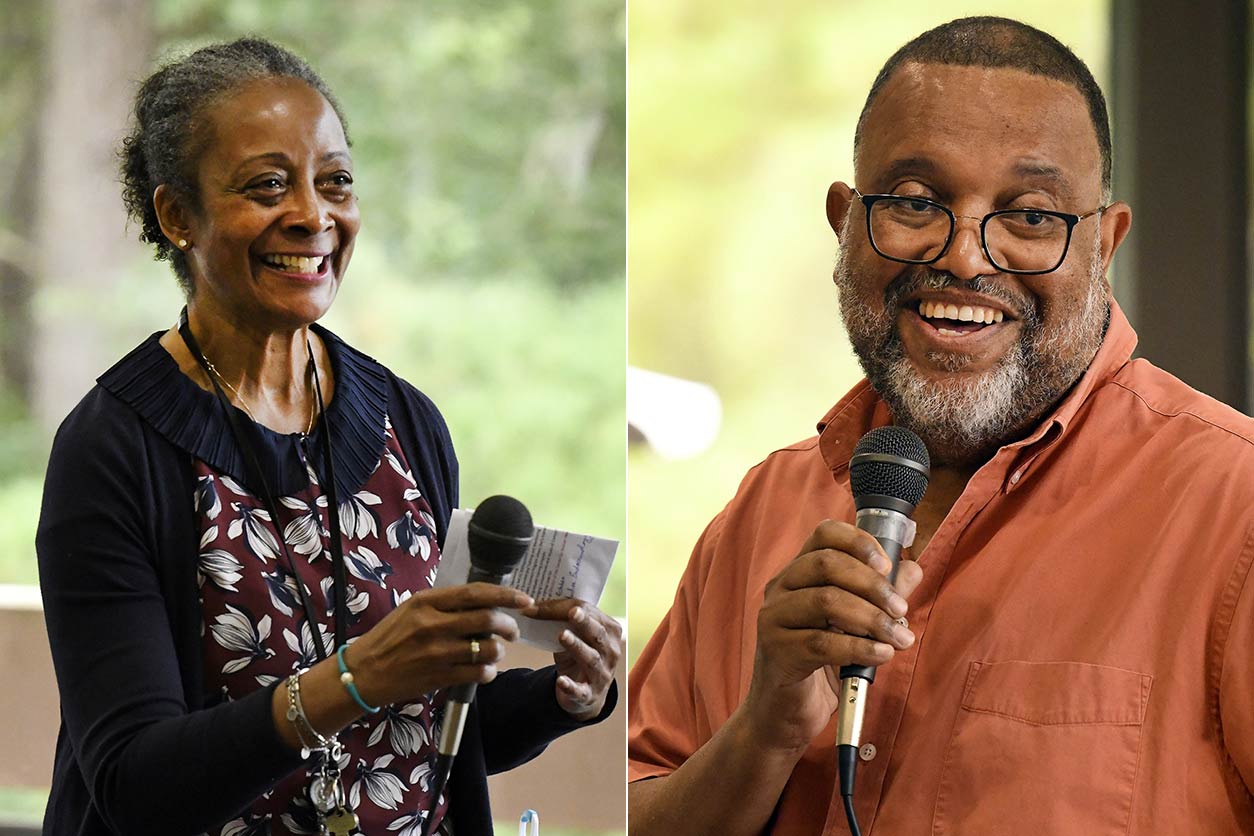
As an NIEHS-funded Environmental Health Sciences Core Center, CHHE seeks to understand how human health, at both the individual and population level, is affected by environmental factors and how to reduce adverse effects.
The center currently includes the following research focus areas and cores.
- Research areas: Behavior and Neuroscience; Emerging Contaminants; Environmental Epigenetics and Genetics; and Pulmonary health.
- Cores: Comparative Pathology, Integrative Health Sciences Facility, Systems Technology, Community Engagement, and Career Development.
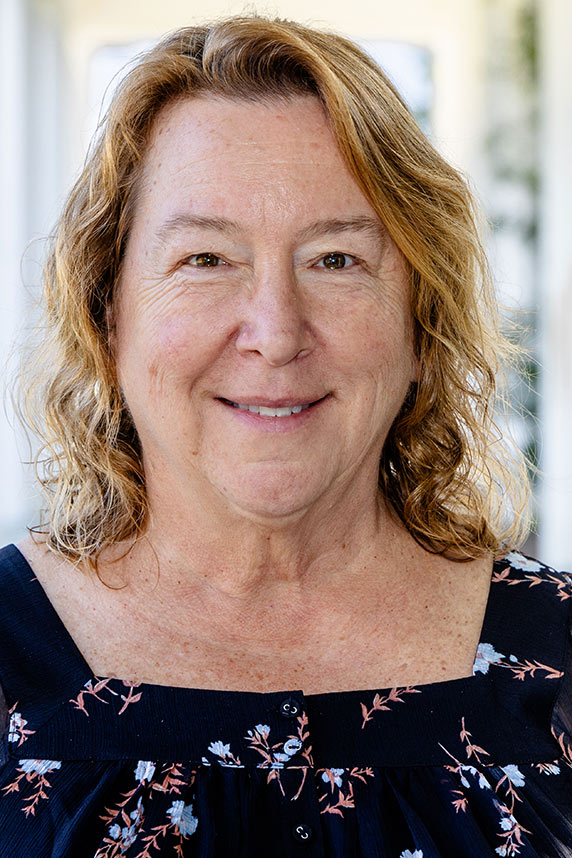
Fenton added that soon there also will be a focus on Environmental Health Disparities.
Fenton’s research focus on PFAS overlaps with the CHHE research areas and the Superfund Research Program (SRP) Center for Environmental and Health Effects of PFAS at NCSU. She also will serve as the research translation coordinator for the SRP Center, to ensure agencies and communities understand the work being done on PFAS.
“I can’t say enough how important it is for people to know NC State research outcomes in a way that makes sense to them, to know that their tax dollars are being spent well, that we care about how environmental contaminants affect the communities, and what we are doing to remediate those effects,” Fenton said.
On the horizon
Fenton will work as a special volunteer at NIEHS for the next year to finish important projects and to help some former staff remaining at the institute build the next step in their careers.
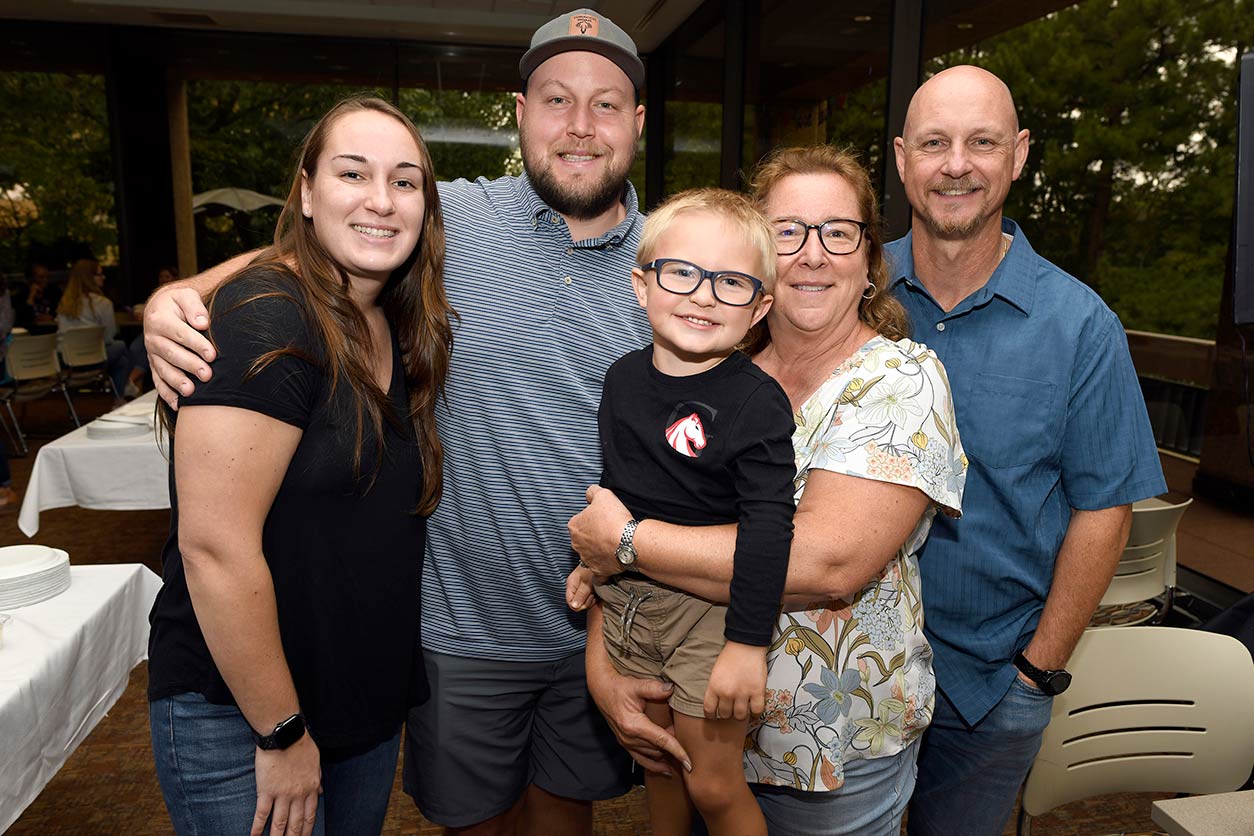
For more information about PFAS, visit this NIEHS webpage and explore this SRP center webpage, which includes information about new efforts to reduce and filter PFAS out of water.
(Caroline Stetler is Editor-in-Chief of the Environmental Factor, produced monthly by the NIEHS Office of Communications and Public Liaison.)





